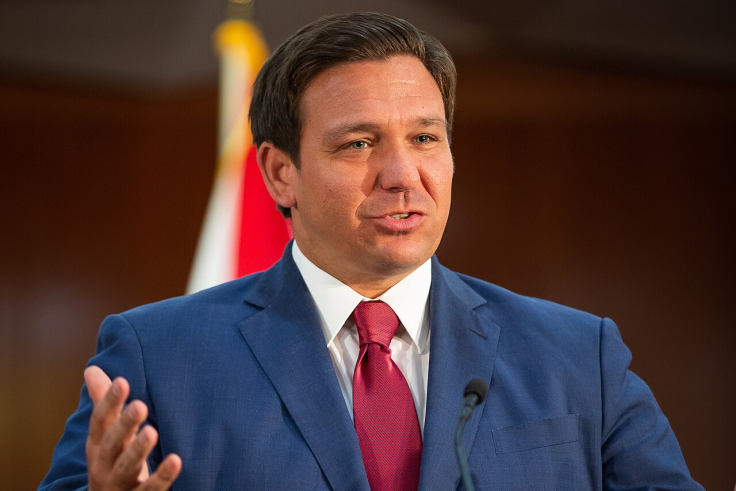Politicization of Higher Education Threatens Academic Integrity, Professor Emeritus Finds
ByAlthough prevalent in America, the consequences of political spin are becoming more unbearable. This is notably clear in how higher education is frequently portrayed politically, with Florida serving as a prominent illustration.
Governor Ron DeSantis's remarks on June 1 at New College, as reported in The News-Press on June 4, illustrate this pattern. Citing "leftist and woke ideology," the governor suggested that universities and academia's corruption have allowed toxic ideologies to spread in society.

Misrepresentation of Academic Intentions
Governor DeSantis's politically charged language starkly contrasts with the reality of higher education as experienced by many academics. Frank Fear, who has spent 55 years in higher education, asserts that such accusations are baseless, particularly regarding faculty intentions and roles. Fear, along with many of his colleagues, views the governor's assertions as an unfounded characterization of higher education.
Professor Marshall Poe, in an article for Real Clear Politics, agrees, stating that most faculty members are not radical political activists who see students as future revolutionaries. Instead, they are academically inclined individuals motivated by a passion for learning in their specific fields. "What I cared about," Poe continued, "is history, researching and teaching it."
These reflections underscore a significant disconnect between political rhetoric and the day-to-day reality of academic life. Academics are primarily driven by a passion for their subjects and a commitment to advancing knowledge. The portrayal of universities as hotbeds of radical indoctrination is not only inaccurate but also harmful, as it undermines the public's trust in these institutions.
The True Mission of Higher Education
The goal of higher education is to teach, progress understanding, and benefit society. Faculty members, drawing on disciplinary, interdisciplinary, and professional knowledge, are steadfast in their commitment to these tasks. The assertion that the higher education system, particularly public institutions, has a "political agenda" is unfounded. The integrity and mission of academia are at stake when such characterizations are made, and it is crucial to defend these principles.
The wisdom gained from historical experiences, such as the campus protests of the 1960s, has taught us that higher education institutions should remain neutral and not take public stands on societal issues. The University of Chicago's position during this era is particularly noteworthy. In 1967, Professor Harry Kalven, Jr., a well-regarded authority on the First Amendment, chaired a committee that produced The Kalven Report. This report emphasized that universities should support and nurture critical voices rather than take a critical stance themselves. This principle remains relevant as it encourages an environment where a variety of viewpoints can be openly discussed and examined without bias from the institution.
The Threat to Academic Freedom
The current level of politicization in higher education poses a significant threat to its core mission. Political advocates who seek to impose their values and outcomes on higher education hijack the politically unburdened inquiry and learning that are fundamental to academia. When successful, this approach converts higher education from a social institution with a civic purpose into a delivery system for partisan outcomes, subverting its historical purpose.
Governor DeSantis's recent remarks at New College, where he expressed pride in their progress in higher education and suggested more changes were coming, underscore the increasing politicization. Such rhetoric is concerning, as it suggests a continued and intensified effort to reshape higher education according to specific political agendas.
It is essential to maintain the integrity and purpose of higher education. As a society, we must resist efforts to politicize academia and instead support its role as a space for free inquiry, diverse perspectives, and the advancement of knowledge. The stakes are high, and the consequences of failing to uphold these principles could be dire for the future of education and society as a whole.








